I wrote this article in Japanese and translated it into English using ChatGPT. I also used ChatGPT to create the English article title. I did my best to correct any translation mistakes, but please let me know if you find any errors. By the way, I did not use ChatGPT when writing the Japanese article. The entire article was written from scratch by me, Saikawa Goto.
Introduction
Movies and books covered in this article

Three takeaways from this article
- Young people who volunteer as soldiers because they find everyday life boring.
- People can easily adapt to any harsh environment.
- The overwhelming sense of meaninglessness that makes them wonder why they are fighting in the first place.
Self-introduction article


Published Kindle books(Free on Kindle Unlimited)
“The genius Einstein: An easy-to-understand book about interesting science advances that is not too simple based on his life and discoveries: Theory of Relativity, Cosmology and Quantum Theory”
“Why is “lack of imagination” called “communication skills”?: Japanese-specific”negative” communication”
The quotes used in this article are based on notes taken at the movie theater from movies in Japanese and are not direct quotes from the foreign language original movies, even if they exist.
The “Unexceptional” Footage that Makes You Realize that “War Can Happen at Any Time”
A War Movie Made in an Unbelievable Way
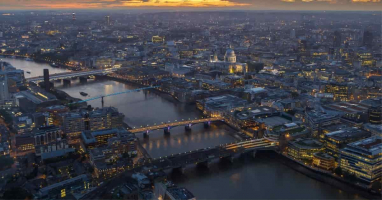
This movie is a documentary constructed from footage filmed of actual British soldiers. It is a record of the World War I from about 100 years ago.
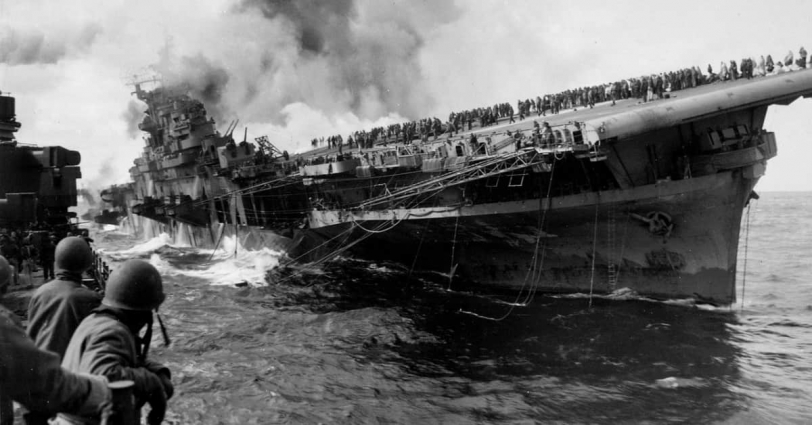
If you have seen the posters or previews for this movie, you may feel surprised. Why is it in color if it’s footage from 100 years ago?
That’s the amazing thing about this movie. All of the original black and white footage has been colorized and reconstructed. The material footage was 2,200 hours long, shot at different speeds, and without any sound. First, the footage was unified to 24 frames per second and then colorized.

The process of adding sound was tremendous. Without having no relation to the black and white footage, interviews with retired soldiers were saved for 600 hours by the British BBC. From those audio recordings, they extracted what fit the footage and combined it in a narration-like manner. They even added sound effects like footsteps and explosions.
The soldiers’ lines were interpreted through lip-reading, and the cast was instructed to recreate the accents and nuances of the time period.
It was an immense amount of work. I wonder how much time was spent on it.
And I strongly felt that the effort was worth it. Because black and white footage makes us acutely aware of the distance between we and the past.

I don’t hate black and white movies, but when it comes to documentaries, we cannot help but to give the impression of “something that happened a long time ago.” It actually happened quite a long time ago, but that doesn’t mean it was hundreds of years ago. However, black and white films can make it feel like it was a long time ago.
This movie showcases a very interesting visual effect at the beginning. For about 15 minutes, the movie was entirely in black and white. But suddenly it changes to color. It wasn’t a scene change, but the same scene went from black and white to color. This change had a significant impact, and it made me realize once again that “black and white makes it feel like it happened a long time ago.”
And by “experiencing” war through color footage, we can feel that “war” is part of our continuous lives.
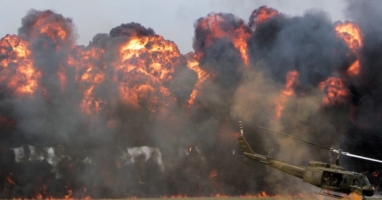
Why did Soldiers Volunteer for the Military?
The movie starts with the British army recruiting soldiers. The age range for application was from 19 to 35 years old, but even young people under 18 enlisted. When they honestly mentioned their actual age, they were told to give a different age, or that if they were 18 years and one month old, they were 19. It was as if there were no age restrictions.
Hearing this, some may feel that young people were forced to join against their will. However, that was not the case. Although there were various reasons, many joined out of a sense of duty.


I thought it was only natural to fight for Britain.
I thought I had to fulfill my duty.
Such a feeling may seem reasonable (although in truth, “the act of war” is not really reasonable, so it is actually wrong). However, there may not be many people in Japan who sympathize with their reasons for enlisting (I believe that the Japanese include me do not harbor much patriotism). Those who aim to become members of the Japan Self-Defense Forces probably have a feeling of “protecting Japan,” but I think that feeling is still a minority, unfortunately.
On the other hand, there are also those who express reasons like this:
I felt liberated from a boring job.
In other words, they became soldiers to be released from the boring job they had been doing.

Some people might be able to empathize with this feeling.
A while ago, I have a feeling that there was a part-time worker who published a paper and caused a stir. I remember the gist of it being something like, “Japan’s social structure and hierarchy won’t change as they are now. That’s why I hope for a war.” Although I don’t wish for war, I can understand the main idea of the part-time worker’s argument. Indeed, if there were no wars, it would be difficult for people in lower positions to climb up. In fact, I think there are people in Japan who climbed up after World War II.


I feel that wanting to become a soldier because “life is boring” may fit the current atmosphere. And if that feeling accumulates unconsciously, people may start to wonder, “What’s the reason to be against war?” At such a time, if tensions between countries like the United States and China reach their peak, it wouldn’t be strange for Japan to be dragged into war.
That’s what I was thinking about while watching this movie.

I think there’s a possibility that Japan might get involved in a world war before I die, even though I don’t think Japan would start it. I feel like the government is moving towards having a military by amending the constitution, and as time passes, there will be fewer and fewer people who have experienced a world war. I feel if there are no more people who inherit the memory of how pointless and devastating war can be, there is a high possibility that the stopper will come off.
Young people in Japan are likely to feel that the society they will live in from now on will not only not improve but probably decline. Only a few capable or lucky individuals will be able to envision a bright future. In such a society, there is a possibility that an atmosphere of “It’s okay to have a war” will be created on the brink of possibly having one.

That’s how much I’m realistically worried about it.
And watching this movie made that feeling even stronger. This is because the movie depicts the “daily life on the front line” in a realistic way.

“The Horror of War” Becomes Everyday Life
In this movie, there are not many scenes that make us think of “war” in an easy-to-understand way, such as actual combat scenes. Instead, it focuses on what soldiers do while waiting for combat in trenches on the front lines and how soldiers who are not on the front lines spend their time.
And that is quite tough.
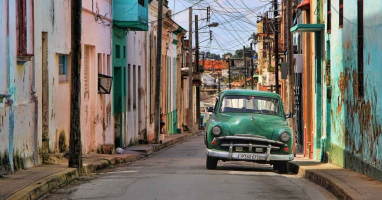
Even going to the bathroom is miserable. It’s just a hole with a log laid over it and no enclosure. There’s no toilet paper, so they have to wipe with their hand and don’t wash it afterward. Sometimes the log slips and falls into the manure lagoon.
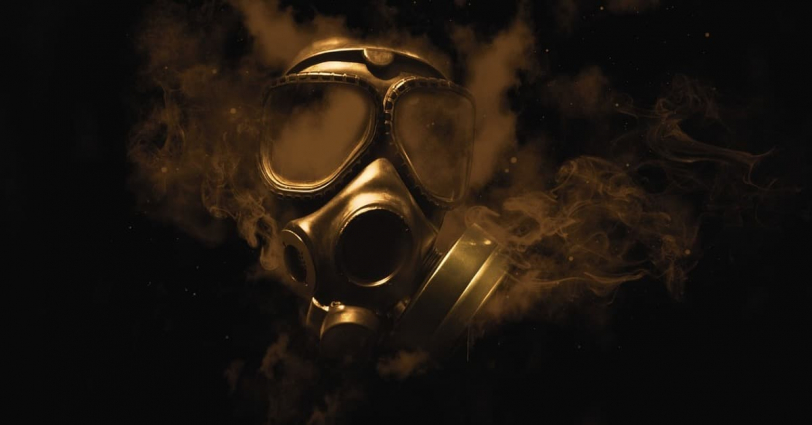
There are also scenes where the German army releases poisonous gas. Those who have gas masks wear them, but those who don’t cover their faces with a handkerchief soaked in urine. I’m not sure why it’I hate it anyway.
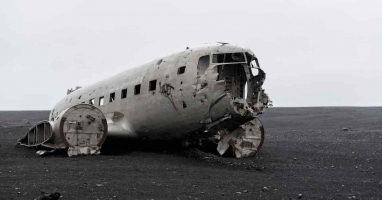
Now, I didn’t touch on scenes like this just to tell “it’s tough, isn’t it?” What we should feel in this movie is that “humans can adapt fairly quickly to any environment”. No matter how much you think in your head that “war is terrible, it’s no good”, once you’re actually on the front lines, you get used to the situation.
That’s why it’s scary.
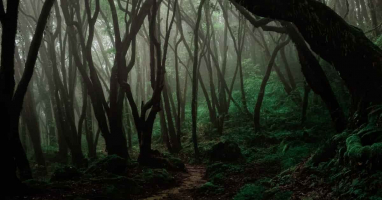
In movies, there are even lines like this:
It’s sad when a friend dies, but you get used to it soon enough.
Dead bodies lying around became a part of everyday life before I know it.
We who live in safe, everyday life may think of those who make such remarks as “cold-hearted” or “inhuman.” However, if we were in an extraordinary situation, that would become the norm. Humans gradually become numb, and in doing so, may not even notice that “I am in a difficult situation right now.”
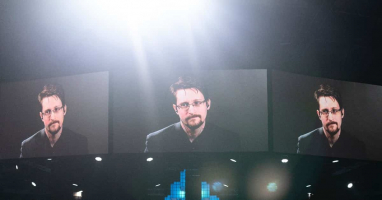
I want you to feel scared about that. I think this movie should be widely viewed as making such a claim.
You Can Also Feel the Futility of War
When watching this movie, I think you can also get a sense of the “futility of war.”
It’s not because many people are dying. There are scenes where soldiers themselves realize the “meaninglessness of war.”
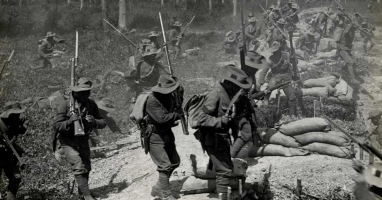
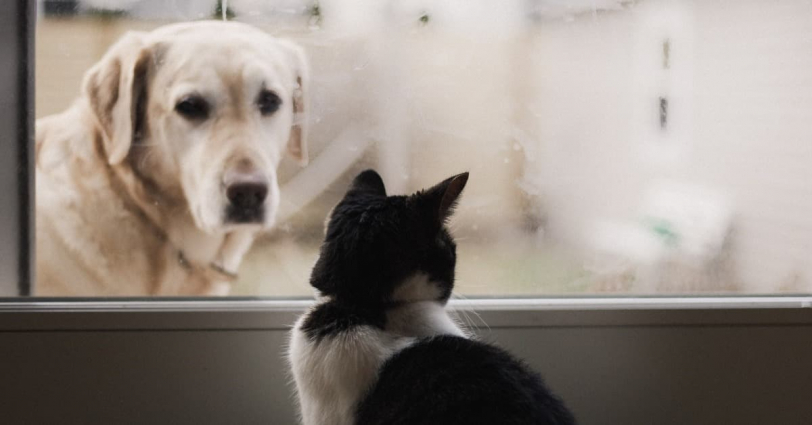
In the latter half, there is a scene where British soldiers capture German soldiers. And, incredibly, soldiers from the enemy country who had been fighting on the front line come to understand each other.
I agreed with the German soldier. This war is completely meaningless.
The Germans were also fed up with the war. That atmosphere helped stop the war.

“When it comes to “war”, it can feel like it’s just about “countries fighting each other”, and the individual perspective can be lost. However, those who are actually killing each other agree on the opinion that “war is ridiculous.” Furthermore, there is even a scene where they say the following:
Most of us didn’t think about retaliation against German soldiers. We paid respect to them.
In reality, when we got to know them, they were pretty decent people.

When watching war movies, it’s common to hear the words “鬼畜米英” (a slogan for Japanese soldiers to justify killing the US and British soldiers during WWII). Even today, there may be countries that educate their people to express hatred towards the winning countries. This creates a situation where people hold grudges against each other without even knowing each other.
However, when actually interacting with them as individuals, one realizes that there is no hatred towards the person in front of them. This would be precisely the moment of realization of “what are we even fighting for?”
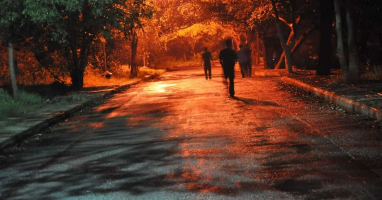
There was another scene that made me feel the emptiness of war. It was when the soldiers returned from the battlefield after the war was over. One soldier was asked by an old acquaintance as follow.
Where have you been all this time?
It turned out that the fact that he had been fighting for his country was not even known to them. The soldier was disappointed to learn this, and understandably so. He justly had no idea what he had been fighting for.
In this movie, the soldiers who return from the battlefield are not praised, but rather ostracized by the citizens. This is another aspect of the “real war” that would be different from the general image of war. Japan lost the Second World War, but the British army depicted in this movie has won the World War I. However, they were still not welcomed by the citizens.

In this scene, I could truly feel a sense of emptiness.
Conclusion
This movie doesn’t directly convey a message like “war is terrible.” It rather gives an objective presentation of what the battlefield is really like.
However, through experiencing things like “why soldiers easily volunteer” and “the emptiness of war depicted in various ways” in this movie, I believe one can strongly feel that “war is definitely not something to do.”

In any case, war is a tragic thing. We should make efforts to avoid it. It cannot be justified in any way.
That’s exactly right. We should take the words of those who have actually been involved in war very seriously.
Many people may not be thinking realistically about “Japan entering into a war” right now. Well, it’s true that we have peace now and I hope this peace continues forever. However, war can happen anytime, and I don’t think the possibility of Japan getting involved in it in the near future is low.
Even if that were to happen, I would not involved in the war. Even if I were arrested or subjected to violence, I feel strongly that I want to be a person who sticks to the intention of “not involving in the war.”

Published Kindle books(Free on Kindle Unlimited)
“The genius Einstein: An easy-to-understand book about interesting science advances that is not too simple based on his life and discoveries: Theory of Relativity, Cosmology and Quantum Theory”
“Why is “lack of imagination” called “communication skills”?: Japanese-specific”negative” communication”

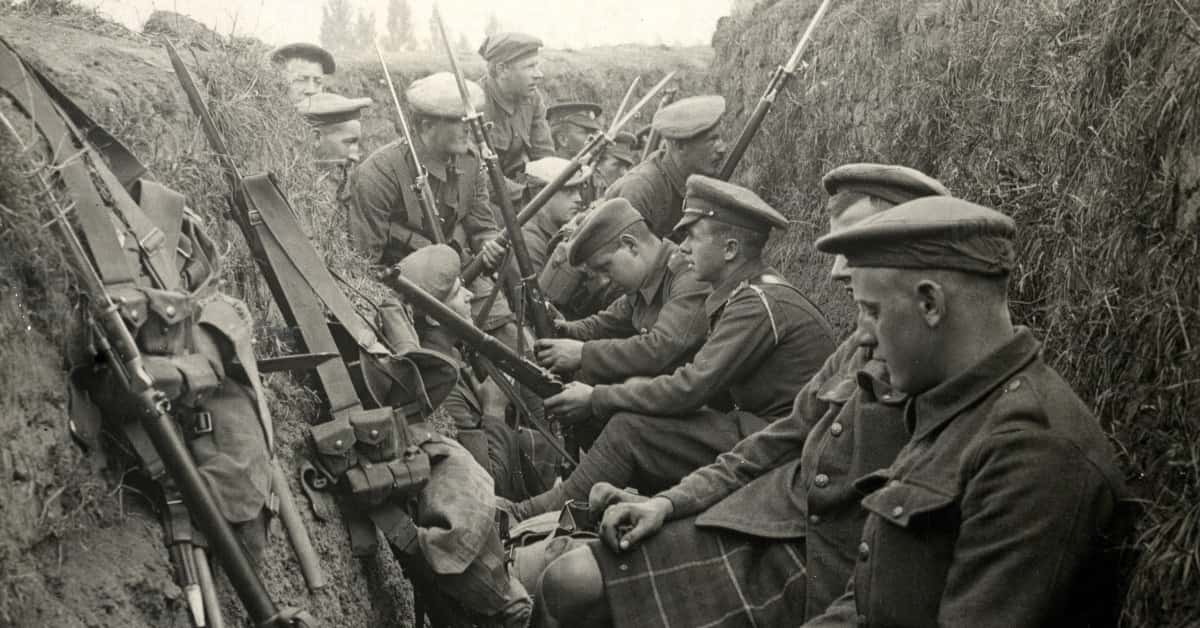





コメント